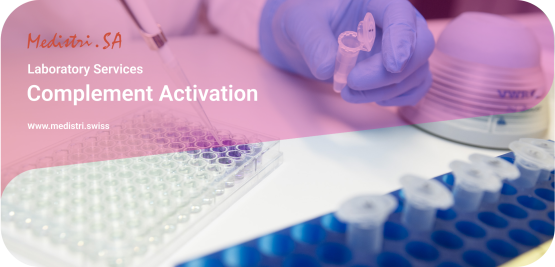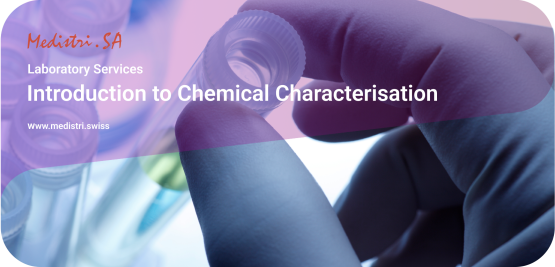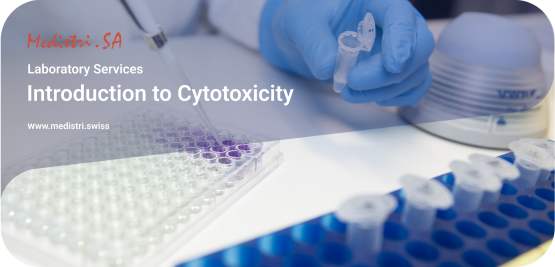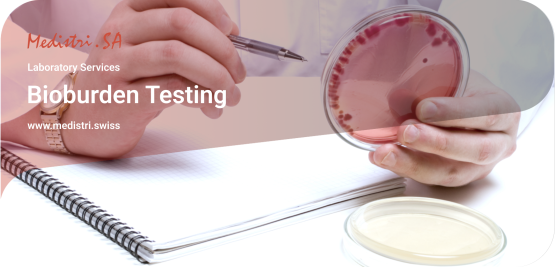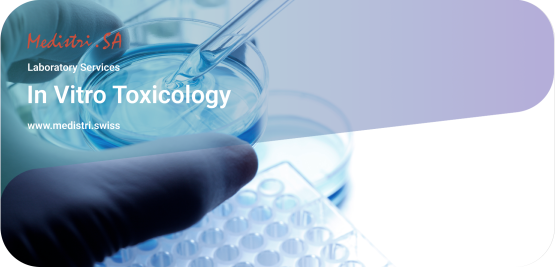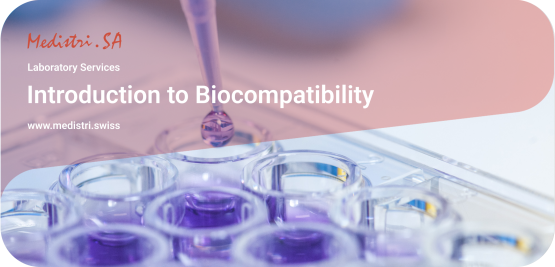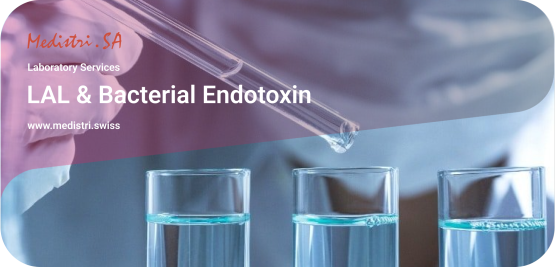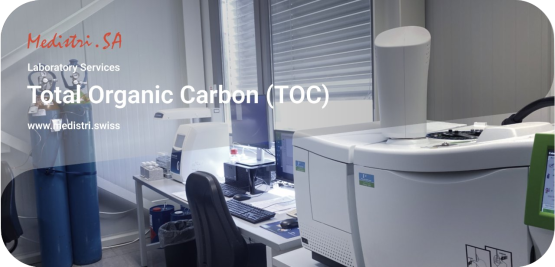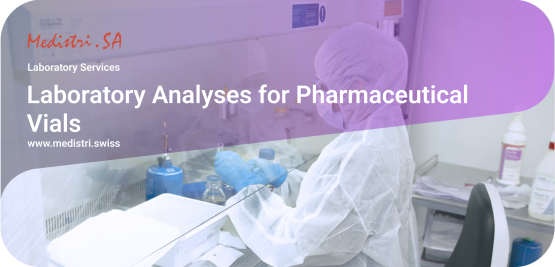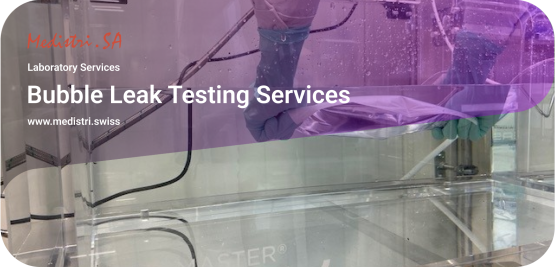Complement Activation
The complement system is part of the innate immune system and plays an important role in host defense, inflammation, tissue regeneration and other physiological processes. Complement activation leads to the opsonization of pathogens and their elimination by phagocytes.
Introduction to Chemical Characterisation
The chemical characterization of materials is an essential aspect of the regulatory review and approval of medical devices in the European Union (EU) and most major markets worldwide. Chemical characterization is also an essential aspect of the overall biocompatibility assessment process, which helps to ensure that the potential benefits of using a given medical device are not outweighed by the potential biological risks associated with that device or its components or materials.
Introduction to Cytotoxicity
Measuring the potential adverse effects of substances on living organisms is important to multiple industries. A property of the substance that needs to be known is its cytotoxic effect - whilst toxicity is a more general term for how harmful a substance is to living organisms, Cytotoxicity is a term that describes how toxic a substance is to cells.
Bioburden Testing
Bioburden testing is a fundamental microbiological analysis used to assess the level of microorganisms present on a medical device or other sterile product before it is sterilized. It involves collecting a sample from the product and then growing and counting any microorganisms present in the sample.
In Vitro Toxicology
In vitro toxicology is the study of the potential toxicity of chemicals, pharmaceuticals, and other substances by testing them on cells or tissues. In the early stages of development, this type of study is necessary for the medical device and pharmaceutical industry, as it allows for the identification of potential hazards and side effects.
Introduction to Biocompatibility
In the medical device industry, biocompatibility evaluations are performed to assess the risk of harm to patients or users resulting from device contact with living tissue and bodily fluids. Standards such as ISO 10993 and USP Class VI provide a framework for evaluating the risk profile of a medical device, based on the nature of body contact and the duration of contact.
LAL & Bacterial Endotoxin
The LAL (Limulus Amebocyte Lysate) testing, also known as bacterial endotoxin testing, is an in vitro assay used to detect the presence and concentration of bacterial endotoxins in drugs and biological products, and is an important part of pharmaceutical microbiology.
Total Organic Carbon (TOC)
Organic contaminants in medical devices can cause adverse reactions in patients, reduce the effectiveness of the device, or cause the device to malfunction. TOC analysis can identify and quantify these contaminants, allowing manufacturers to ensure that their medical devices meet regulatory requirements and industry standards.
Laboratory Analyses for Pharmaceutical Vials
On a daily basis, our pharmaceutical customers benefit from our range of Tests for Pharmaceutical Vials. Specifically, by listening to our pharmaceutical & biotechnology customers, we’ve engineered our company’s infrastructures to be working hand in hand with our quality team, under one roof, at all times.
Bubble Leak Testing Services
Bubble Leak testing is a method of detecting leaks in sealed packaging by visually inspecting them against changes in pressure. Many defects can lead to leakage during the manufacturing and packaging of the product. That is why this test allows us to detect defects in the packaging before final production and shipment to the customer.

